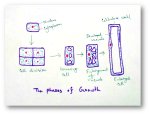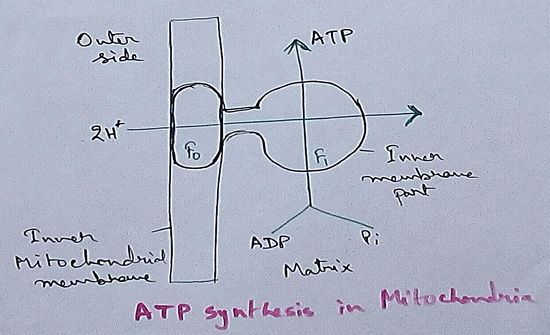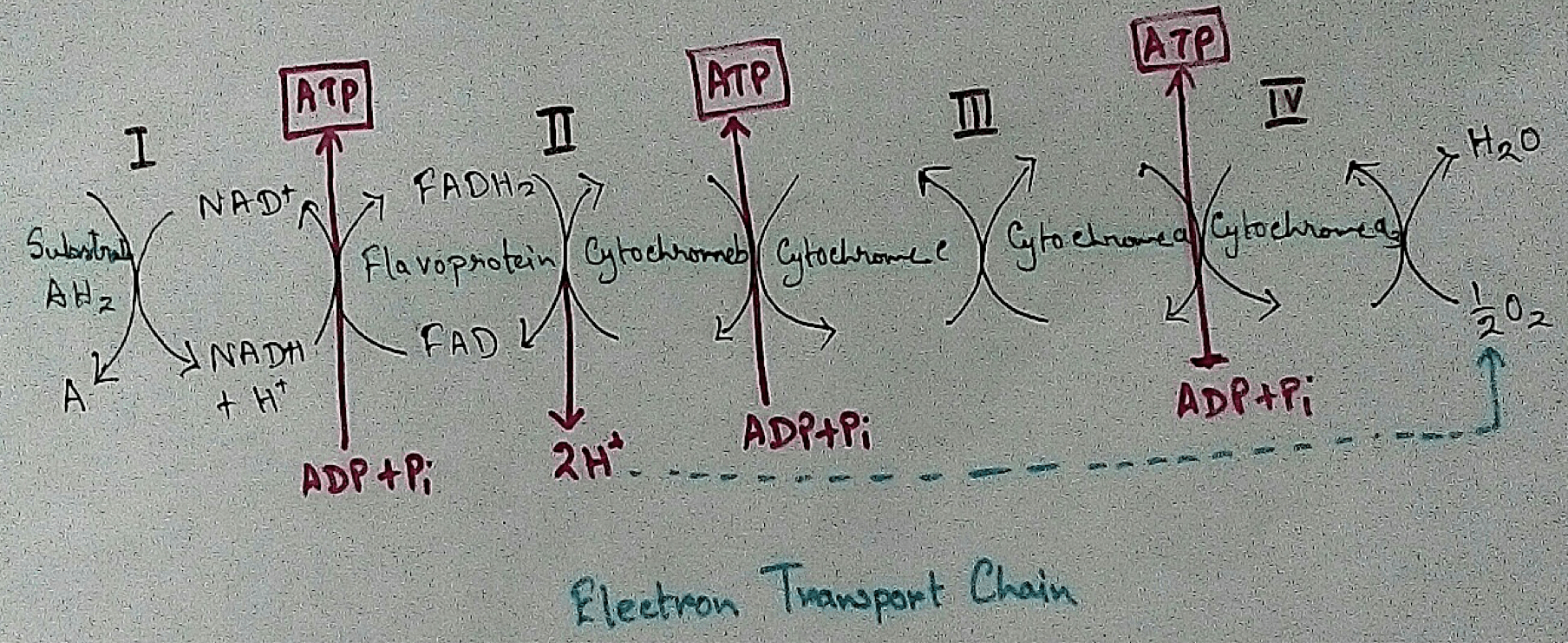Transitive and Intransitive Verbs
Verbs can be classified as Transitive or Intransitive depending on whether they do require an object to complete their meaning.
A Transitive Verb is one that requires an object, either a noun or a pronoun or a phrase as the recipient of the action. Transitive verbs always require a Direct Object.
Transitive Verbs, in other words are action words that require an object in the sentence as the recipient of the action.
For Example:
- I admire your honesty.
- I deliver results.
- I baked a cake.
- I stitched a duvet.
- I removed the obstacle.
- I drove the car.
All the above examples have an object as recipient of the action and hence are examples of Transitive Verb.
Transitive Verbs may be used with a Direct and an Indirect Object both.
For Example:
· He sent her(Indirect Object) an epistle( Direct Object).
· Mother brought me ( Indirect Object) a pizza.( Direct Object)
List of commonly used Transitive Verbs that are followed by Direct Objects:
bring,send, owe, contain, buy, show, take, tell, verify, check, get, wash, finalize, annoy, lay , lend, offer, edit , make , phone.
Intransitive Verb: An Intransitive Verb is one that does not require an object to complete its meaning. They do not require a Direct Object to lend them sense. Many are followed by an adjective, adverb, proposition or verb complement (Gerund or Infinitive).
Intransitive Verbs, in other words, are action words that do not require an object in the sentence as recipient of the action to deliver its meaning.
List of intransitive Verbs for reference:
come, explode, laugh, sit, rise, excel, respond, run, cough, swim, emigrate, smile, act, cry, immigrate, lie, arrive, continue, die, go.
For Example:
- The toddler was sulking.
- He sang continually.
- I laughed uncontrollably.
- I cried inconsolably.
- The horse galloped.
- The moon rises.
Ø Now, consider the example:
· I walked to the office today.
Is it an example of Transitive or Intransitive?
Intransitive, simply because ‘in the office’ is a prepositional phrase and ‘today’ is an adverb of time. There is no object receiving the action ‘walked’ so it is an example of Intransitive Verb.
Similarly, the example:
· They ran to the park.
Though there are words which follow the action words ‘ran’ , the words do not act as Object but are in fact, prepositions and hence it again is an example of Intransitive Verb.
Ø There are example of numerous Verbs which can function both as Transitive or Intransitive. Some verbs can take an object to clarify their meaning but do not always require the aid of one to act as an Action word. So, in one sentence they may act as Transitive and in another Intransitive.
Transitive: The singer sang a ballad.
Intransitive: The singer sang beautifully.
Transitive: I left him a letter
Intransitive: I left early.
Transitive: Sehgal set the documents down on the Director’s desk.
Intransitive: The sun sets.
Transitive: You have grown a moustache.
Intransitive: You have grown so much since last I saw you.
v Sometimes, the meaning of the verb itself undergoes a change depending on whether it is used as Transitive or Intransitive.
Example:
Transitive: I run a small grocery store.
Intransitive: I run in the park everyday.
English Grammar and Composition
From Transitive and Intransitive Verbs to HOME PAGE
Recent Articles
-
Explain about Growth in Plants |Definition of Growth & Differentiation
Feb 27, 25 02:07 PM
Growth is a permanent increase in length or volume of an organism that brought upon by an increase in its dimensions due to synthesis of new protoplasmic material. -
Definition of Respiratory Quotient | calculation | Application | Plant
Dec 02, 24 12:09 AM
Definition of respiration quotient- the ratio of the carbon-dioxide evolved to that of the oxygen consumed by a cell, tissue, plants or animals in a given time is called respiratory quotient. It is us… -
Amphibolic Pathway | Definition | Examples | Pentose Phosphate Pathway
Jun 06, 24 10:40 AM
Definition of amphibolic pathway- Amphibolic pathway is a biochemical pathway where anabolism and catabolism are both combined together. Examples of amphibolic pathway- there are different biochemical… -
Respiratory Balance Sheet | TCA Cycle | ATP Consumption Process
Feb 18, 24 01:56 PM
The major component that produced during the photosynthesis is Glucose which is further metabolised by the different metabolic pathways like glycolysis, Krebs cycle, TCA cycle and produces energy whic… -
Electron Transport System and Oxidative Phosphorylation | ETC |Diagram
Feb 04, 24 01:57 PM
It is also called ETC. Electron transfer means the process where one electron relocates from one atom to the other atom. Definition of electron transport chain - The biological process where a chains…




New! Comments
Have your say about what you just read! Leave me a comment in the box below.